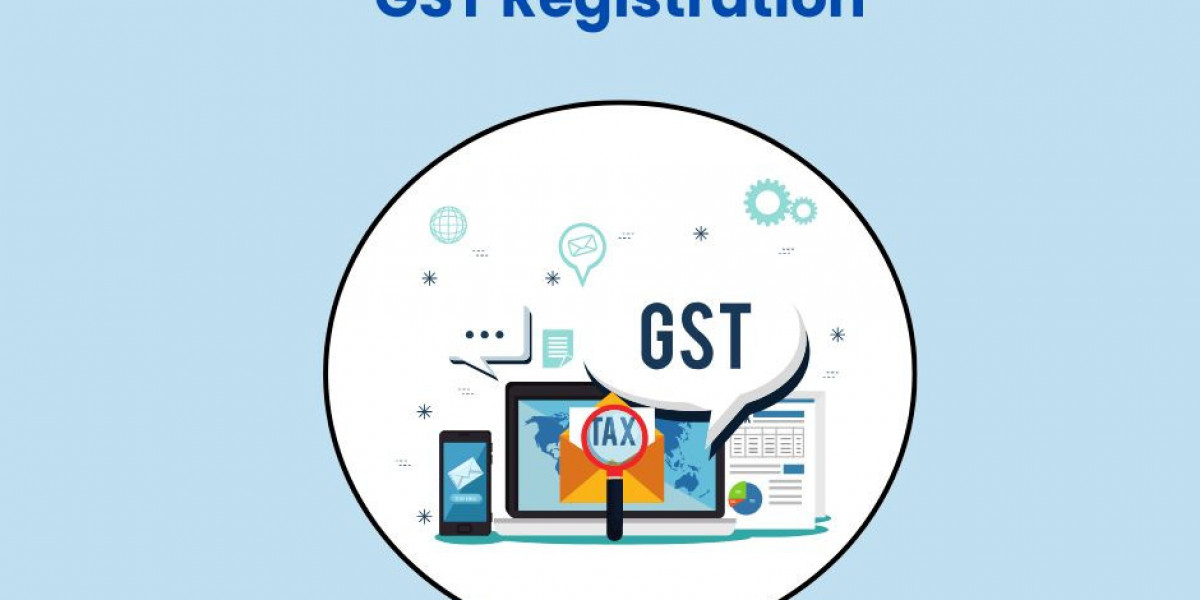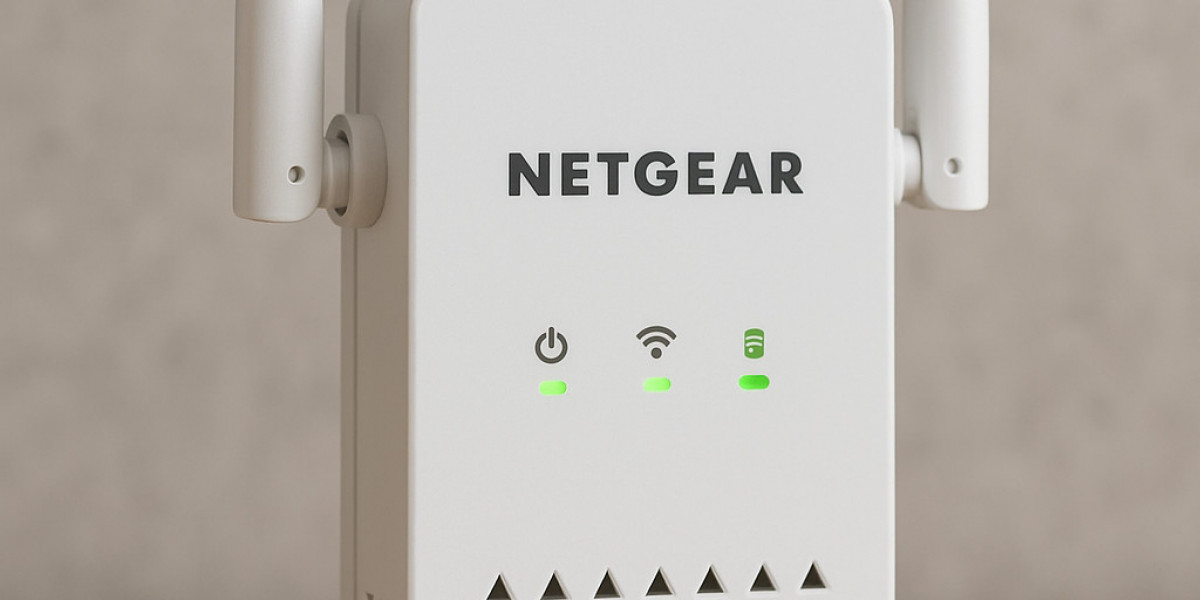When someone mentions an IQ test, it often sparks curiosity — and sometimes a little anxiety. We’ve all heard of the “genius” IQ level, or people boasting about being in the top 1%. But what does your IQ score actually say about you? And equally important, what doesn’t it say?
In this article, we’ll dive deep into the real meaning of IQ, explore how IQ tests work, and debunk some of the biggest myths about intelligence. Whether you’re a fast learner looking to understand your cognitive strengths or simply curious about human intelligence, this guide will give you clarity.
Understanding IQ: What It Really Measures
IQ stands for Intelligence Quotient, a numerical score that represents a person’s cognitive abilities compared to others. The idea dates back to the early 1900s when French psychologist Alfred Binet developed the first IQ test to identify students who might need extra academic help.
Today, modern IQ tests are far more refined. They assess a wide range of mental skills such as:
Logical reasoning
Verbal comprehension
Working memory
Processing speed
Spatial visualization
The average IQ score is set at 100, with about 68% of people scoring between 85 and 115. Scores above 130 are often labeled “gifted,” while those below 70 may indicate cognitive challenges.
But before you let a number define you, it’s crucial to understand that IQ is not a full picture of intelligence.
What Your IQ Score Really Says About You
1. Your Ability to Learn and Adapt
A higher IQ score generally means you’re a fast learner. You can grasp new concepts quickly, see patterns, and adapt to unfamiliar situations faster than average. This doesn’t necessarily mean you know more — it means you can learn more efficiently.
That’s why high-IQ individuals often excel in academic or problem-solving environments. They can connect dots others might miss and understand abstract ideas with less effort.
2. How You Process Information
IQ tests also reveal how efficiently your brain processes information. For example, a section testing “working memory” evaluates how well you can hold and manipulate information in your mind. A strong working memory helps you stay organized, follow complex instructions, and make logical decisions under pressure.
If you score well here, you likely thrive in fast-paced environments — another sign of being a fast learner.
3. Problem-Solving and Reasoning Skills
High IQ scorers tend to perform better in analytical thinking. You might find it easier to see solutions where others see obstacles. This skill is invaluable in fields like science, technology, mathematics, and even business strategy.
But remember — IQ measures potential, not knowledge. You can have a high IQ and still struggle in specific subjects if you haven’t developed certain skills or habits.
4. Your Strengths (and Weaknesses) Across Different Areas
IQ tests often give you a breakdown across different cognitive categories. You might have exceptional verbal reasoning but average spatial ability, or vice versa. This helps you understand your mental strengths and where you could improve.
For instance, a fast learner with strong pattern recognition might excel in coding, engineering, or design, while someone with high verbal intelligence might shine in writing or communication.
What Your IQ Score Doesn’t Say About You
While IQ tests can reveal a lot, they also leave out some of the most important aspects of human intelligence. Let’s clear up what IQ doesn’t measure — because this is where many misconceptions start.
1. Emotional Intelligence (EQ)
Your IQ score doesn’t measure empathy, self-awareness, motivation, or social skills — all of which fall under emotional intelligence. A person with average IQ but high EQ might build stronger relationships, lead teams effectively, and manage stress better than someone with a “genius-level” IQ.
In workplaces and personal life, EQ often matters more than IQ. It’s the difference between knowing the right answer and knowing how to work with others to find it.
2. Creativity
You can have a 140 IQ and still struggle to think creatively. iq test focus on logic and reasoning, not imagination or innovation. Creativity involves divergent thinking — coming up with new, original ideas — while IQ tests measure convergent thinking, which is about finding one correct answer.
Many brilliant artists, writers, and entrepreneurs succeed not because of a high IQ, but because of curiosity, persistence, and creativity.
3. Motivation and Grit
A high IQ might open doors, but motivation keeps them open. Grit — the ability to persevere through challenges — plays a far bigger role in long-term success. History is full of examples of average-IQ individuals achieving extraordinary things through discipline and passion.
In short: IQ shows potential, but it doesn’t measure how hard you’re willing to work for your goals.
4. Common Sense and Practical Skills
You can be academically gifted yet lack everyday problem-solving skills. IQ tests don’t evaluate “street smarts” — the ability to make practical decisions, navigate social dynamics, or adapt to real-world challenges.
True intelligence balances logic with life experience.
Are Online IQ Tests Accurate?
If you’ve ever searched “free IQ test” online, you’ve likely found hundreds of options. Some are fun, while others claim scientific accuracy.
Here’s the truth: most online IQ tests are for entertainment, not professional evaluation. They can give you a rough estimate of your reasoning ability but not a precise IQ score.
Official IQ assessments — such as the WAIS (Wechsler Adult Intelligence Scale) or the Stanford-Binet Intelligence Test — are administered by psychologists under controlled conditions. These tests are carefully designed, standardized, and statistically validated.
However, taking a reliable online test can still be a fun way to challenge your mind, track your progress, and discover whether you’re a fast learner in specific areas like logic, language, or memory.
The Fast Learner Mindset: How to Use Your IQ Wisely
Whether your IQ is high, average, or below average, what matters most is how you use your intelligence. Being a fast learner isn’t about scoring high on a test — it’s about maintaining a growth mindset.
Here’s how to make the most of your mental potential:
Stay curious. Always ask questions and seek new experiences. Curiosity keeps your brain active.
Challenge yourself. Take on puzzles, learn new skills, or study a new language to strengthen cognitive flexibility.
Embrace mistakes. Failure isn’t the opposite of intelligence — it’s a key part of learning.
Develop your EQ. Practice empathy and communication; intelligence is most powerful when paired with emotional awareness.
Prioritize health. Sleep, exercise, and nutrition directly affect brain performance.
The smartest people are often not those who know the most, but those who never stop learning.
Final Thoughts: You’re More Than a Number
Your IQ score is just one piece of your intellectual puzzle. It can give insights into how you think, learn, and solve problems — but it doesn’t define your worth or predict your future.
Being intelligent isn’t about memorizing facts or acing a test; it’s about using your mind creatively, adapting to challenges, and growing as a person.
So whether you’re a fast learner with a high IQ or someone who learns through persistence and experience, remember this: true intelligence is not measured by a test — it’s measured by what you do with it.








